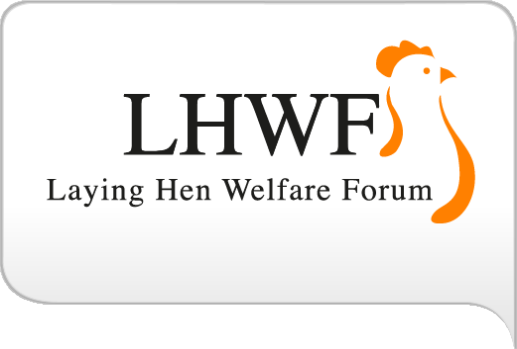FAQ’s

Here are some of the most commonly asked questions of our Egg Products producers.
What affects the foaming properties of egg whites?
Egg white is sensitive to high temperatures. Thus, pasteurization temperatures must be closely controlled. Yolk contamination needs to be below 0.05% to avoid loss of foaming properties. Surface active agents are generally added to liquid and dried egg white to improve foaming properties.
Which works best, shell eggs or egg products?
Egg products are pasteurized to eliminate Salmonella contamination and can be tailored to specific functional needs. Egg products also are labor saving. Therefore, food safety and convenience makes egg products the best choice.
Are there egg products specifically formulated for a specific function?
Yes, for example, egg white may be processed to produce optimum foaming properties. Salted yolk is often preferred by mayonnaise firms. Knowing a user’s need, the egg industry can formulate products to that specific function.
What effects do pasteurized egg products have on baking?
Egg white proteins are susceptible to heat damage which may adversely affect foaming properties. However, addition of whipping agents such as sodium lauryl sulfate and triethyl citrate will help restore foaming properties. Pasteurization of whole egg and yolk products does not affect baking properties.
Are there any functional differences in using dried egg products versus liquid products?
Functional attributes are quite similar. The choice of the user largely depends on how they fit into a specific application. For example, a cake mix manufacturer would prefer a dried egg product. Also, if storage space is a concern, dried products may be the choice.
Are there any functional differences in using liquid egg products versus frozen egg products?
Freezing does not change egg white functionality. The functional properties of plain egg yolk or whole eggs are minimally affected by freezing. Salted egg yolk, that has been frozen, generally has better emulsifying abilities. Functionality in sponge cakes and custards are not adversely affected by using frozen egg products.
Does freezing or pasteurization of egg yolk or whole eggs affect emulsification properties?
Pasteurization of yolk or whole eggs has been shown to have minimal effect on emulsifying properties. Previous research has shown that emulsification properties of salted yolk or whole eggs are not adversely affected by freezing.
Latest information
News topics
Latest News
BEPA statement on EU egg shortage
BEPA statement on EU egg shortage following Fipronil crisis. The British Egg Products Association has highlighted that a number of factors are contributing to an EU-wide shortage of eggs for processing, something which is anticipated to continue beyond the first quarter of 2018. The continuing aftermath of the Fipronil crisis, which has had a major […]
Posted on: 20 December 2017
Part of the British Egg Industry Council
BEIC
British Egg Industry Council
An inter-professional organisation of 11 trade associations - Representing the egg industry in the UK
United in quality behind British Lion Quality Eggs
-
BEA
British Egg
Association - BEPA British Egg Products Association
-

-
NEMAL
National Egg
Marketing
Association Ltd - NIPF Northern Ireland Poultry Federation
- PHA Pullet Hatcheries Association
- PRA Pullet Rearers’ Association
-
SEPRA
Scottish Egg
Producers Retailers Association -
 Ulster Farmers
Ulster Farmers
Union -
 National Farmers Union
National Farmers Union
-
 National Farmers Union (Scotland)
National Farmers Union (Scotland)
-


